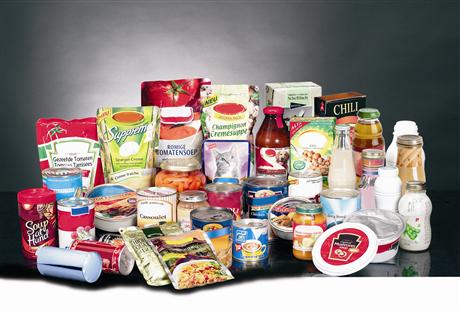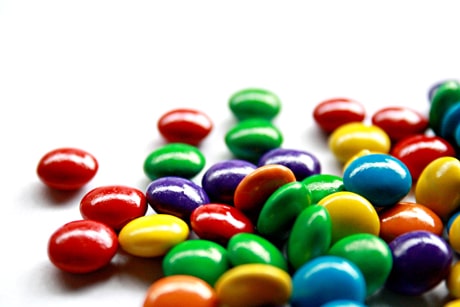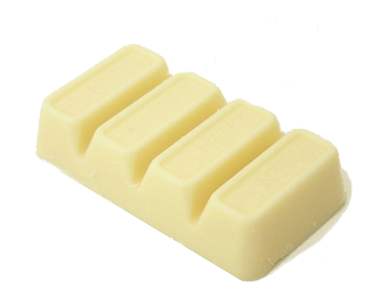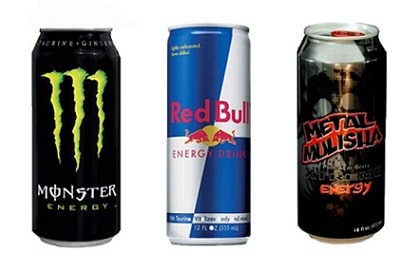Optimal brain health is a crucial part to ensuring your overall well-being, because mental acuity and good control of your emotions largely affect how well you determine what makes you feel happier, more satisfied, and more capable of coping with life. If you ever dread that those simple memory lapses may eventually turn to mental decline during your golden years, you may have to learn how to protect your brain’s health as early as now. One of the most important (yet most underrated) elements of brain health is your diet. There are food that are good for the brain and then there are food that are absolutely terrible for the brain. To get a head start on your brain diet, start proactively avoiding foods that science has shown to potentially damage your brain. Make sure that you eat very minimally of–if not, completely avoid– the types of foods in this list.
Foods Rich in Saturated Fat

You might have heard of Omega-3 Fatty Acids, unsaturated fats that are good for the heart and the brain. However, you need to know that not all fats are created equal. Its complete opposite – saturated fats – work the other way by clogging the blood vessels, especially those leading to the brain. With significantly lesser oxygen and nutrients reaching the brain, you will find yourself doing tasks sluggishly. If you want to keep your mind sharp all the time, then steer clear of foods rich in saturated fats like ice cream, butter, processed meats, cheese, nuts and whipped cream, to name a few.
Better alternative: A good alternative to keeping a healthy brain is loading up your diet with Omega-3 fatty acid-rich fares, like salmon and mackerel. Not only will these protect your heart, they can enhance your cognitive processes as well.
UPDATED NOTE: There has been a lot of development and research into the interaction of saturated fats and the human body. It seems that the new evidence does not correlate moderate amounts of saturated fats to an increased risk in heart disease. This seems to run counter to many decades of research around the dangers of saturated fat. But such is science.
Fast food
Photo credit: https://www.globalcitizencorps.org
Fast food is perfect for people on the go, but eating too much of so will definitely let your brain go to waste. Fast food is brimming with fats that affect the hypothalamus, the part of the brain that governs hunger, thirst, among many other processes in the body. Studies also show that regular fast food consumption leads to brain shrinkage, a change usually seen in seniors diagnosed with Alzheimer’s.
Better alternative: Stay away from brain-shrinking fat by swapping your favorite fast food with low-fat alternatives such as low-fat cold cuts, Canadian bacon, chicken, turkey or loin beef. They have decreased fat contents, keeping your brain healthy and your waistline trim all at the same time.
Processed Foods
Photo credit: https://green-mom.com
The art of food processing has helped extend the life of our favorite fares, making them edible even after months of production. While this has made our lives better in terms of convenience, processed foods are highly detrimental to brain function, according to numerous researches. In several published studies, it has been concluded that the preservative ‘benzoate’ affects the cognitive functioning and behavior in children. Exitoxins, on the other hand, are said to affect the nervous systems of growing children.
Another additive, monosodium glutamate or MSG, has been confirmed to be highly damaging to the nerve cells. Ultimately, such impairment can lead to seizure-like attacks.
Better alternative: Fresh food is always best, especially for the brain. Just-picked fruits and vegetables, as well as recently-caught fish and freshly-butchered meats are the best foods to put on your table. Not only are they devoid of harmful chemicals and additives, their freshness enables the retention of the vitamins, minerals and nutrients you need for a better-functioning brain.
Sugary Foods
Photo credit: https://friendseat.com
Glucose gives the mind its much-needed boost, but did you know that long-term munching of sugary foods can lead to mental decline? So if you want to ensure straight thinking at all times, then stay away from super-sugary foods like sodas, candies, dried fruits, cakes, cookies, pies, jams, spreads and preserves.
Better alternative: Aching to satisfy your sweet tooth? Instead of consuming sugary foods, try sipping a cup of peppermint tea. Research shows that it can help you focus and stay alert during the most confusing of times.
White Chocolate
Photo credit: https://www.lynnskitchenadventures.com
The brain is not only responsible for cognition; it is responsible for your moods and affectations as well. So if you find yourself down in the dumps, you might find yourself craving for chocolate. After all, they say that chocolate helps perk up your mood. This notion is indeed true, unless you pick a bar of white chocolate from the grocery aisle. Despite its moniker, it actually does not contain cocoa solids that can make you feel euphoric at the end of the day.
Better alternative: If you want to have a good mood, a better alternative is dark chocolate. Choose a darker variant, one that contains only trace amounts of sugar. With more cacao in the bar, you will feel cheerier and more positive about life.
(Too Much) Alcohol
You have probably heard about how alcohol can improve your arousal signals and is actually good for your heart when taken in moderation. All that is true. But while a bottle or two can do this, going over the limit can definitely affect your brain negatively. Too much alcohol can depress your nervous system, resulting in impaired judgment, slurred speech, sloppy movements and bad memory. Worse of all, long-term consumption of alcohol can shrink the frontal lobes of the brain, something that can weaken your mental faculties in the long run.
Better alternative: If you want sharper senses that can only come after a bottle of beer, consume a tablespoon of ground flax seed instead. A serving is chockfull of alphalinoleic acid, an amino acid that boosts the processes of the cerebral cortex. With a psyched cerebral cortex, you will be able to handle sensory signals even better.
Energy Drinks
While energy drinks can give you that much-needed boost for the day, consuming too much of this can mess your sleeping schedule. And if you are not able to sleep throughout the night, there is a huge chance that you will exhibit poor memory, foul mood, and diminished learning skills the following day. Sleep is vital for mind regeneration, and if you lose it over a can of energy drink, you will not have the proper brain power to get you through school or work.
Better alternative: Coffee is a better-tasting drink that fuels your brain during crunch time. Studies show that caffeine can help sharpen short-term memory. Other researches demonstrate that it can even enhance a person’s concentration and problem solving skills.
Never be fooled: just because a certain food is tasty doesn’t mean it’s good for your body, especially your brain. Be on the lookout for the above mentioned food felons and be guaranteed of an age-proof brain.






my sister has issues with taking too much of an herb called valarian root is addicted to it becuse she hass add and i worry about her
she refuses to admit that she is a closet eater so she is unable to stay on any sort of regimen diet plan i post it here to give her positive energy so all can understand her mistakes i myself put fresh olive oil on my eggs after i turn off the heat pan still hot and i cover omelet to keep in heat and heat it not as long it cooks well trust me in spaghetti i stopped using tomato sauce too acidy instead i follow the regime above and ad a teaspoon of tomatoe past and lots of olive oil and garlic and an herb such as basil or oregano im not so big on oregano only on pizza then its ok i just have it i think fresh basil is best maybe add some fresh mozzarella is great but i dont do that either